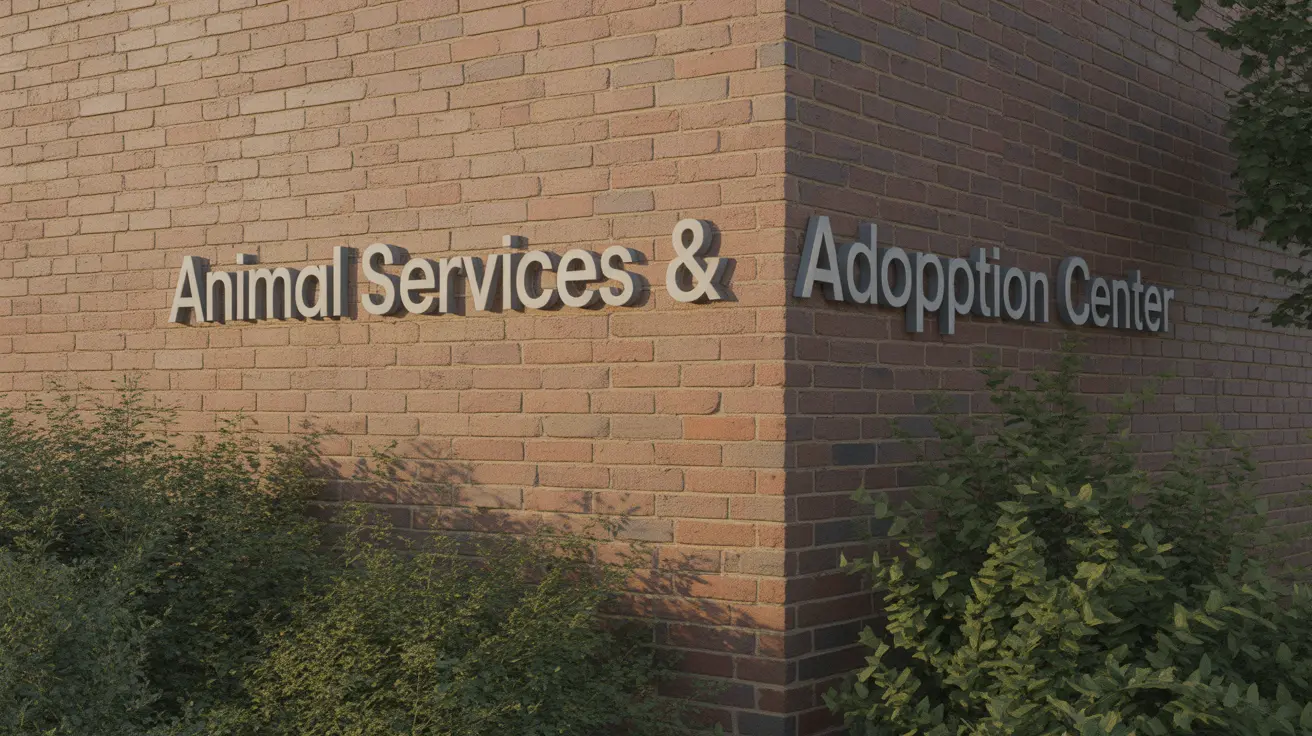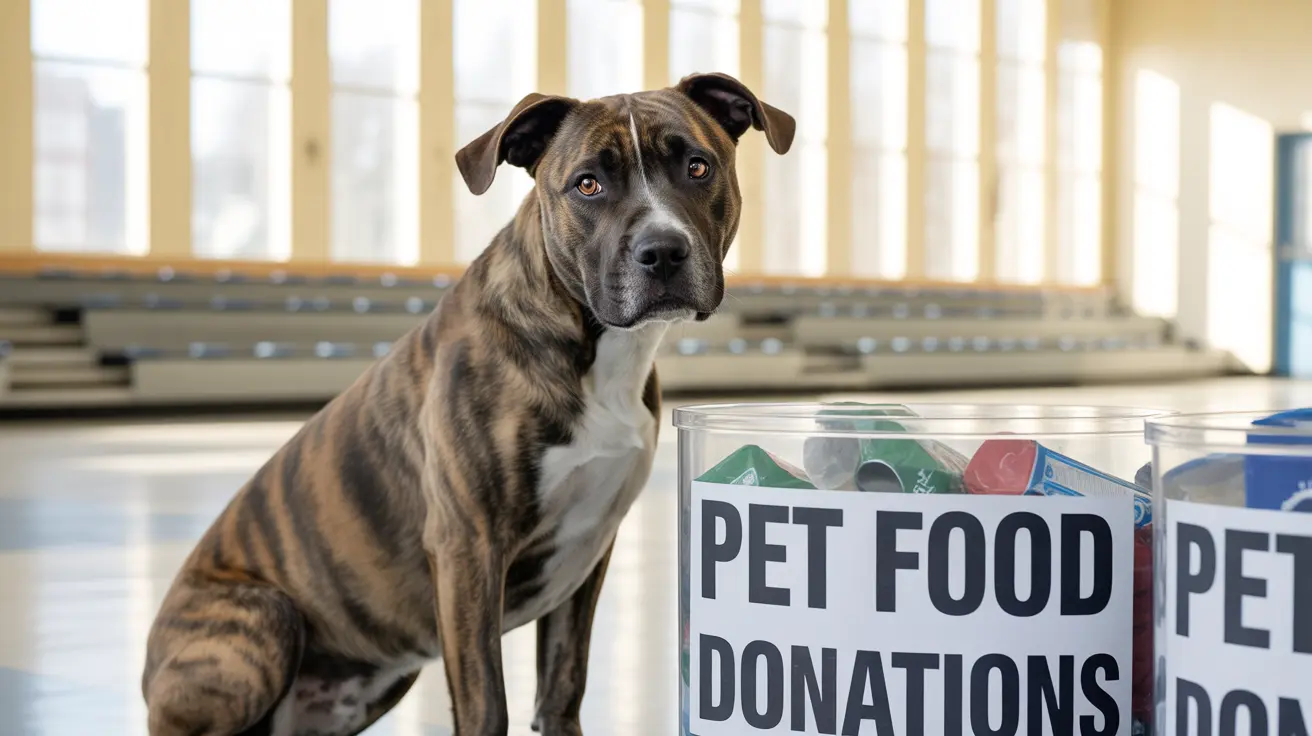Understanding What Your Dog Means When They Sneeze
Dogs communicate in many unique ways, and one curious behavior that often catches an owner's attention is sneezing. While it’s easy to assume this reaction might indicate something wrong, in many cases, sneezing is perfectly normal and even a form of communication.
Reasons Why Dogs Sneeze
1. Communication and Playfulness
- Dogs often sneeze during play as a way to signal that their intentions are friendly, not aggressive.
- This behavior is commonly referred to as a “play sneeze.”
- It helps de-escalate roughhousing and maintain a positive interaction.
2. Environmental Irritants
- Dogs have highly sensitive nasal passages.
- Irritants like dust, pollen, smoke, perfumes, cleaning agents, and air fresheners can trigger sneezing fits.
- If sneezing stops once the dog leaves the irritant-filled environment, no further action is needed.
3. Allergies
- Dogs suffer from seasonal and food allergies just like humans.
- Symptoms may include sneezing, watery eyes, itchiness, and excessive licking or chewing.
- Veterinary evaluation can help identify allergens and provide solutions.
4. Foreign Objects
- Outdoor dogs risk inhaling grass seeds, dirt, or other debris.
- If an object lodges in the nasal passages, it may cause violent or repeated sneezing.
- Watch for pawing at the face or bloody nasal discharge as warning signs.
5. Respiratory Infections
- Infections—bacterial, viral, or fungal—are known sneezing triggers.
- Other symptoms to watch for include coughing, nasal discharge, lethargy, or facial swelling.
- Infections like kennel cough may present mild sneezing along with more severe coughing.
6. Dental Issues
- The proximity of upper tooth roots to nasal passages means oral health impacts nasal function.
- Infections, abscesses, or gum disease can lead to nasal irritation and sneezing.
- Foul-smelling breath and nasal discharge can also be clues.
7. Nasal Mites
- Less common but bothersome, nasal mites cause intense sneezing and itching.
- These parasites can be contracted through soil contact and irritate the nasal lining.
- They often lead to bloody or thick discharge and may require veterinary treatment.
8. Nasal Tumors or Polyps
- Chronic or one-sided nasal discharge and facial swelling may indicate a mass.
- More common in older dogs, nasal tumors can cause progressive sneezing.
- Veterinary diagnosis, sometimes including biopsy, is required.
9. Reverse Sneezing
- A dramatic yet harmless reflex seen in some breeds, especially brachycephalic dogs.
- It sounds like snorting or honking and typically resolves on its own.
- Can be triggered by excitement, leash-pulling, or strong scents.
When to Worry: Signs to See a Veterinarian
While a dog’s sneeze can often be simply a form of communication or a reaction to dust, certain symptoms warrant a vet visit:
- Persistent or intense sneezing episodes
- Discharge that is thick, bloody, or discolored
- Swelling of the nose or face
- Changes in appetite or behavior
- Pawing at the nose or rubbing the face
Diagnosing the Cause
Your vet may perform:
- Physical examination of the mouth, nose, lungs, and eyes
- X-rays, CT/MRI imaging if a tumor is suspected
- Blood tests and nasal swabs
- Endoscopy or biopsy for more serious cases
Treatment Options
Depending on the root cause, treatment may include:
- Antibiotics, antifungals, or antiparasitics
- Dental procedures to treat gum or tooth disease
- Surgical removal of foreign objects or tumors
Note: Never administer human medications without veterinary consultation.
Prevention Tips
To help your dog stay sneeze-free:
- Limit exposure to airborne irritants and strong smells
- Check for debris after outdoor play
- Maintain dental hygiene with regular cleanings
- Schedule routine wellness exams
Conclusion
Most of the time, sneezing in dogs is benign and a part of their expressive behavior—especially during play. However, it's important to monitor changes in squeaking patterns or accompanying symptoms. Knowing the many messages behind a sneeze can empower pet owners to care for their furry friends with confidence and clarity.





